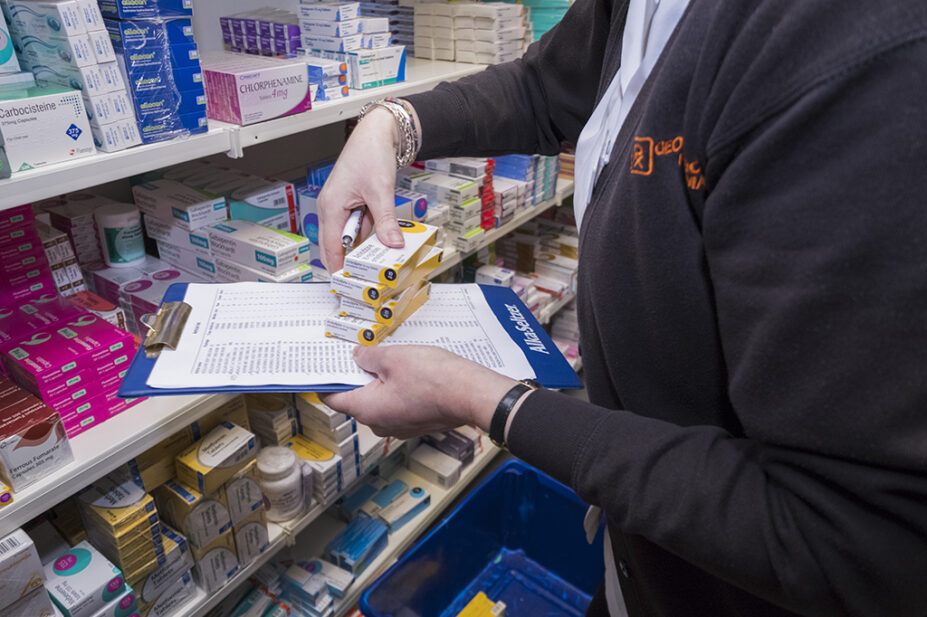
LEWIS HOUGHTON/SCIENCE PHOTO LIBRARY
The Royal Pharmaceutical Society (RPS) has raised concerns about who would be accountable for errors if a pharmacist authorises a pharmacy technician to carry out or supervise the preparation and assembly of medicines, under government proposals for an overhaul of regulations on pharmacy supervision.
The RPS comments are contained in its response to the Department of Health and Social Care’s (DHSC) consultation on pharmacy supervision, which sets out proposals to amend the Medicines Act 1968 and The Human Medicines Regulations 2012.
One of the three proposals in the consultation is to enable pharmacists to authorise pharmacy technicians to carry out, or supervise others carrying out, the preparation, assembly, dispensing, sale and supply of pharmacy and prescription-only medicines.
In its consultation response, the RPS agreed with the proposal, which it said aligns with its vision of the “upskilling of all members of the pharmacy team as a key way to release the capacity for pharmacists to utilise their clinical and prescribing skills”.
However, it added that RPS members are concerned that “undocumented oral authorisations could lead to greater ambiguity and a lack of clarity over accountability in the event of an error”.
The RPS called for authorisation to be documented “ideally in a digital format”, so that it can be audited and reviewed to “protect both the pharmacist as the person issuing the authorisation, and the pharmacy technician who can demonstrate their agreement to that authorisation”.
In addition, the RPS asked for more clarity over whether an authorising pharmacist would have to “agree who the pharmacy technician can themselves supervise to undertake tasks”.
It added that there is “a historical variance” in pharmacy technician training, and that some individuals will need training “to cover any notable skills gaps”.
The RPS suggested a competency framework for pharmacy technicians, supported by professional guidance, “to help assure a pharmacist when authorising a pharmacy technician to undertake more responsibilities”.
Commenting on the RPS’s consultation submission, Claire Anderson, president of the RPS, said: “Beyond legislative change, pharmacists and pharmacy teams will require support, both in terms of workforce development and adequate investment, to enable the consistent provision of high-quality pharmacy services.”
The National Pharmacy Association (NPA) has also called for clarification about where accountability would lie if authorisation is given to a pharmacy technician.
In its consultation response, the NPA says the amended legislation should include “a robust framework in which the pharmacy regulations relating to authorisation could operate, and thus, avoid the need for test cases where the issue around accountabilities and liability are tested through the courts”.
Commenting on the submission, Nick Kaye, chair of the NPA, said: “As it stands, some of the proposals are wide open to interpretation and this lack of clarity needs to be addressed before any changes are applied.”
The RPS and NPA are both members of the cross-sector Pharmacy Supervision Practice Group, which published a report in August 2023 that said supervision in a community pharmacy should not be interpreted as a pharmacist “supervising individual transactions”.
The supervision consultation closed on 29 February 2024.


